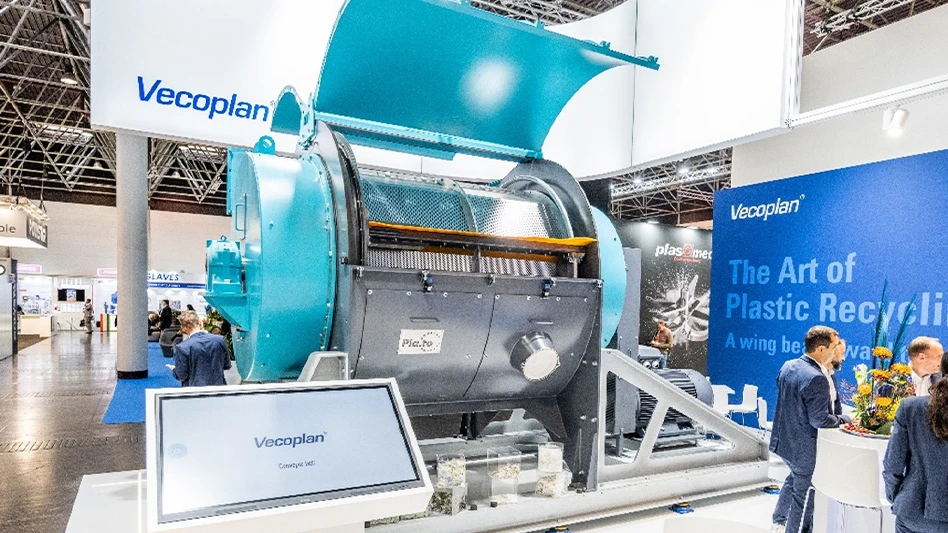
The Phoenix Public Works Department has announced a partnership with Renew Phoenix to turn Nos. 3-7 plastics into fuel. The partnership is the latest venture in the city's “Reimagine Phoenix" initiative to increase its waste diversion rate to 40 percent by the end of 2020 and ultimately reach zero waste by 2050.
“I believe in taking bold chances to make
China used to be a popular destination for mixed plastics bales, but changes to the country’s scrap import policies have cut off that market. In some regions of the U.S., material recovery facility (MRF) operators have had difficulty marketing Nos. 3-7 bales as a result and have had to landfill these plastics.
“The future is all about recycling, sustainability and doing our part to ensure future generations have a healthy planet," says Councilwoman Thelda Williams, who serves as the chair of the Water, Wastewater, Infrastructure and Sustainability (WWIS) Subcommittee. “I am certain that once others see what we are doing, they will want to be part of this movement to prevent more materials from being simply thrown away."
Renew Phoenix, a joint venture between Generated Materials Recovery, Phoenix, and
“I am excited for what this partnership brings to Phoenix," says Councilman Michael Nowakowski, whose district is home to the city's Resource Innovation Campus. “This new, innovative venture will encourage other businesses to bring next-generation technology to Phoenix to help us reach our diversion goal of 40 percent by 2020."
Renew Phoenix was selected through a competitive request for proposal (RFP) process. The company will use a proprietary chemical recycling process to reverse the plastics into their basic molecular structure, which will allow them to convert the plastics into fuel, according to a news release issued by the city of Phoenix. Renew Phoenix will bring as many as 15 full-time jobs to the valley, after investing more than $5 million into the project.
"
At its Salt Lake City facility,
The company also is embarking on a project sponsored by National Geographic that targets river plastics. Starting in India, focusing on the area around the Ganges, which the company says is estimated to contribute 1.2 billion pounds of plastic waste to the oceans each year,
During the Plastics Recycling Conference and Trade Show March 11-13 in Harbor City, Maryland, Bakaya said the project in India would use reverse vending machines that issue coupons to local collectors, who are largely women. A scaled-down conversion system that is mobile and off the grid will be able to process 1 ton of the collected material daily, making diesel products.
Once Renew Phoenix is at full production, the project is expected to divert 10 tons per day of mixed plastics from landfill, which equates to 60 barrels of liquid fuel. Renew Phoenix will be able to scale production to allow regional processing, the city says.
“We are proud to continue bucking the trend and pushing forward with innovation, economic development and repurposing our waste," says Ginger Spencer, Phoenix Public Works Director. “We are committed to building a circular economy and achieving our Reimagine Phoenix goals. This new venture to turn plastics into fuel is eye-opening, and we hope it will serve as a model for other cities to reimagine their own recycling programs."
Latest from Recycling Today
- Equipment from the former Alton Steel to be auctioned
- Novelis resumes operations in Greensboro, Georgia
- Interchange 360 to operate alternative collection program under Washington’s RRA
- Waste Pro files brief supporting pause of FMCSA CDL eligibility rule
- Kuraray America receives APR design recognition for EVOH barrier resin
- Tire Industry Project publishes end-of-life tire management guide
- Des Moines project utilizes recycled wind turbine blades
- Charter Next Generation joins US Flexible Film Initiative





